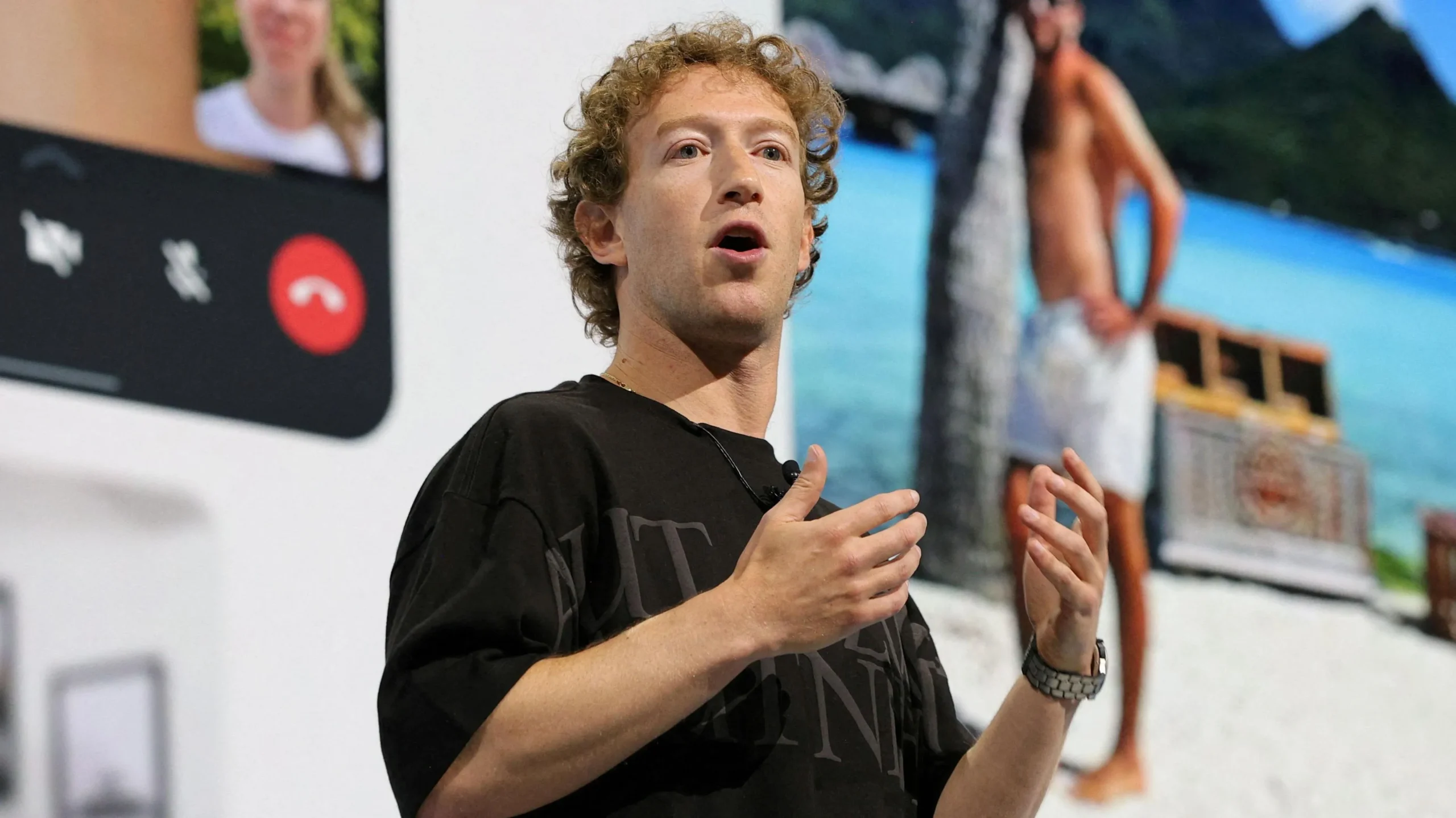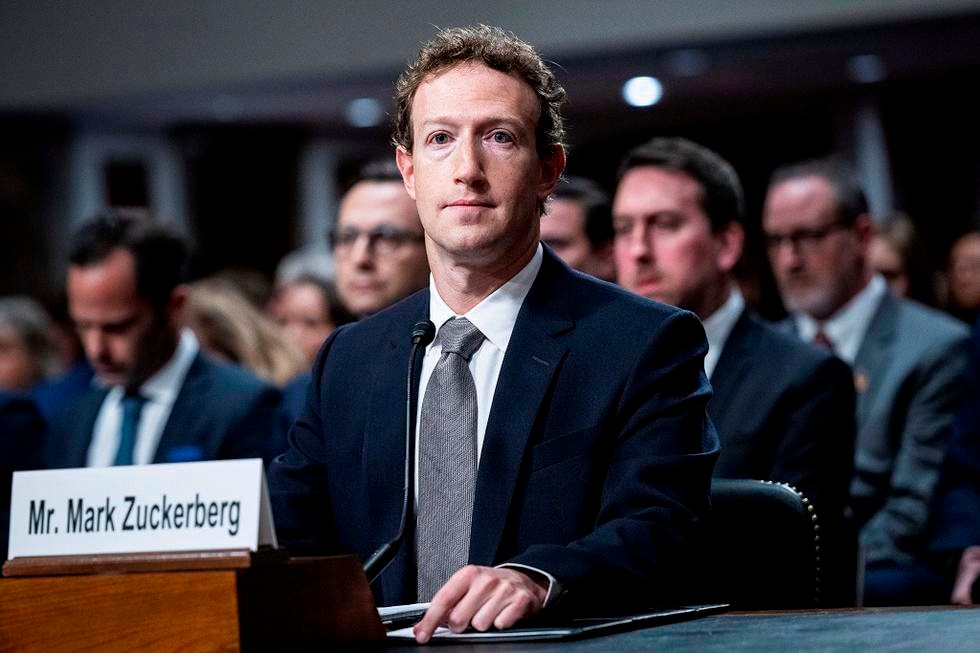

Child Safety Under Scrutiny: Senators Push Meta to Disclose Internal Findings
Meta, the tech giant that owns Facebook, Instagram, WhatsApp, and Threads, is once again under fire — this time from U.S. Senators who are demanding the company disclose its internal research on child safety. For years, lawmakers, parents, and experts have warned that social media can harm children and teenagers, exposing them to risks ranging from cyberbullying to predatory behavior. Now, amid growing political pressure, senators argue that Meta has withheld crucial findings about how its platforms affect young users. This battle over transparency could become a defining moment for the future of digital safety regulation in the United States.
Why Senators Are Demanding Transparency
The current push to expose Meta’s internal child safety reports comes after a series of whistleblower leaks and investigative reports suggested the company has long known about the harmful effects of its platforms. Allegedly, Instagram research revealed that teen girls’ mental health was negatively impacted by body image pressures amplified through algorithmic feeds.
Senators are demanding access to these reports not only to hold Meta accountable but also to use the data as a foundation for crafting legislation. Lawmakers argue that without transparency, they cannot accurately measure the scope of the problem or design policies to protect children online.
Parents, too, are demanding answers. Many feel blindsided when learning that Meta may have known about the risks of its platforms but failed to act decisively. For families, this raises questions of trust and accountability.

The Mental Health Crisis Among Teenagers
At the center of the debate is the well-documented rise in anxiety, depression, and self-harm among teenagers who are heavy social media users. Studies suggest that endless scrolling, likes-based validation, and exposure to curated “perfect” lives can create immense pressure on young people.
According to leaked documents, Instagram researchers found that a significant percentage of teen girls reported worsening body image issues after using the app. Some even traced their mental health struggles directly to the platform. While Meta has acknowledged these findings in part, critics argue the company minimized the seriousness of the issue publicly.
Lawmakers believe Meta has a moral obligation to disclose every detail of its internal findings so that parents, educators, and medical professionals can better understand the risks.
The Role of Algorithms in Amplifying Harm
Meta’s platforms are powered by complex algorithms designed to keep users engaged for as long as possible. The longer a user stays online, the more ads they see — and the more revenue Meta generates.
The problem is that these algorithms sometimes push harmful content. For teenagers, this could mean being funneled into toxic rabbit holes: pro-anorexia communities, self-harm discussions, or predatory chat groups. Even when starting with harmless content, algorithms can escalate recommendations toward more extreme posts, creating a cycle of reinforced vulnerability.
Senators want to know exactly how much Meta knows about this process. Have its internal teams studied the role of algorithms in harming children? If so, what were the conclusions? These are the questions lawmakers want answered — and why they are pushing so hard for disclosure.
Bipartisan Political Pressure
One unique aspect of this issue is that it has garnered bipartisan support. Both Democratic and Republican senators see child safety online as a shared concern, making it one of the rare topics where political parties find common ground.
The proposed legislation would require companies like Meta to share internal studies with regulators, prohibit targeted advertising to minors, and establish clear age verification standards. Lawmakers hope that increased federal oversight will finally force Big Tech to prioritize safety over profit.
Senators argue that parents should not be left alone to battle trillion-dollar corporations. Instead, companies must be held to legally enforceable safety standards, just as toy manufacturers, food companies, and automobile makers are.
Meta’s Public Defense
Meta insists that it already invests heavily in child protection measures. The company points to new parental control tools, improved age verification systems, and AI-powered detection of harmful content. For example, Instagram now allows parents to set time limits for teens and to monitor interactions.
However, critics say these steps are insufficient and often come too late. They argue that without full transparency, there is no way to measure the true effectiveness of these tools. Meta’s history of rolling out features only after scandals break makes many doubt its sincerity.
Parents and Educators Demand Answers
The debate is not confined to Capitol Hill. Parents’ groups across the country are organizing campaigns demanding that Meta release its findings. Many feel they cannot protect their children without knowing what dangers are lurking online.
Educators also warn that the mental health crisis among teens is reaching alarming levels, and social media is a key contributor. Without hard data from Meta, schools cannot design effective digital literacy programs or counseling initiatives.
Broader Tech Industry Implications
The focus on Meta is only the beginning. If the company is forced to disclose its internal findings, other platforms like TikTok, Snapchat, and YouTube will likely face similar demands. These apps are equally influential in the lives of young people and have faced their own controversies regarding safety.
The outcome of this battle could establish a precedent for the entire social media industry. If transparency becomes a legal requirement, companies will no longer be able to hide internal research, fundamentally changing how Big Tech operates.
Whistleblowers and Previous Leaks
Whistleblowers have already shed light on some of Meta’s practices. In 2021, Frances Haugen, a former Facebook employee, leaked documents that revealed the company prioritized engagement over user safety, even when internal research flagged risks.
These leaks gave senators momentum to push harder for accountability. Haugen’s testimony before Congress painted a picture of a company aware of its negative impact but unwilling to change course. Lawmakers now fear that without additional disclosures, Meta will continue to put profits above people.
Possible Consequences for Meta
If Meta refuses to disclose its internal findings, the company could face legal action, regulatory fines, and greater restrictions in the future. Its reputation may also take further damage, especially among parents who already distrust Big Tech.
On the other hand, if Meta chooses to cooperate and share its data, it may rebuild some public trust and position itself as a leader in transparency. However, such disclosures could also open the company to lawsuits, especially if evidence shows it knowingly ignored child safety warnings.
A Defining Moment for Child Safety Online
The Senate’s push for Meta’s transparency represents a critical moment in the evolution of digital governance. For years, tech companies have operated with minimal oversight, arguing that innovation should not be stifled by regulation. But as the harms of social media become clearer, particularly for children, that era may be ending.
Whether Meta complies willingly or resists, the outcome of this debate will likely shape child safety policies for decades. Parents, educators, and lawmakers alike are watching closely, hoping that this time, children’s well-being will finally come before corporate profit.

Global Impact
It is also worth noting that the scrutiny of Meta is not limited to the United States. Governments in Europe, Asia, and Australia are closely monitoring how the U.S. handles this issue. The European Union’s Digital Services Act already mandates certain transparency standards, and many expect the U.S. to follow suit.
If Meta is forced to share internal research in America, it could trigger a domino effect worldwide, reshaping global expectations for digital accountability.
The Road Ahead
The fight is far from over. Hearings, debates, and potential lawsuits are likely in the months ahead. What is clear, however, is that Meta can no longer rely on vague promises of safety. Parents, lawmakers, and even children themselves are demanding proof.
The central question remains: will Meta choose to cooperate and disclose its internal findings, or will it continue to protect its business interests at the expense of child safety?
The answer could mark the beginning of a new era in social media — one where transparency, accountability, and user protection are no longer optional but legally required.


















